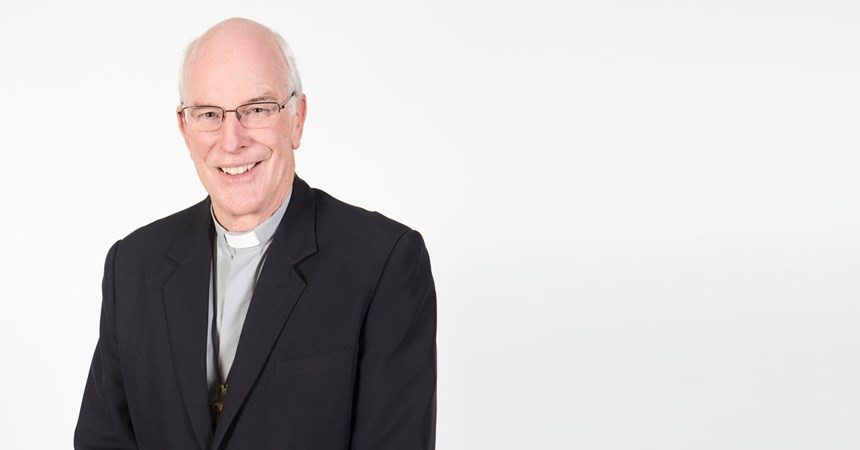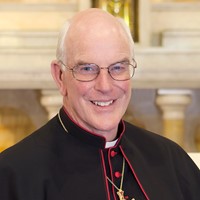One somewhat plausible theory was “the Christchurch effect”. Remember that on Easter morning here, the tragedy in Sri Lanka had not yet happened. The notion is the horror in the Christchurch mosques had been especially appalling because the victims were simply faithful people coming together for their prayers. Somehow, the theory goes, that made the whole “image” of coming together in church seem more like a good thing, or a thing good people do, in peace and harmony. Perhaps, too, there was a touch of defiance: “We’re not going to be driven out of our mosques, churches, synagogues by the men of blood.” Who knows? But something made this Easter bigger than usual.
Now, I’ve been asked many times since I first arrived eight years ago this month, how will the church win back trust? I believe I’ve always said something to the effect that, in the end, it will be the witness of the good and faithful lives of ordinary believers that will win people’s respect. The kindness, honesty, staying power and faithfulness of “ordinary” Catholic people will have its impact on how people outside see Catholics and will gradually wear away the hostility built up by the present public image of the church. It’s like the way that even the thickest of our fellow citizens will come to realise that Muslims can’t be all that bad, despite the shock-jocks, because Mustafa next door is a great guy. Seeing real, good people simply living their faith, evidently sustained by their prayer and their community, breaks down barriers and stereotypes.
Of course, the church as an organisation will also have to get its house in order. Some of the things that will be undoubtedly be on the agenda of the Plenary Council 2020/21, such as good governance, the meaningful participation of women and young people in decision making, greater financial accountability, better preparation for clergy, ensuring safety for children and the vulnerable, and dealing firmly with transgressors – these things are important. But the X-factor of church renewal is that we provide better opportunities for people to learn about their faith, to grow spiritually, and to engage in their vocations in a Christian spirit. How can our communities, parishes and schools and families, be academies of prayer, faith and charity? The “institution” will then look after itself.
As it happens, I’ve just come back from celebrating Mass in one of our parishes. At the end, I thanked the congregation for the way they had sung and responded, and kept quiet and focused when appropriate. Their participation had lifted and up-lifted me. All right, even here there were some, mostly male, Novocastrians exercising their God-given right to remain silent and sullen, but not enough to quench the spirit of worship and prayer. I asked the community to pray for the spirit to really be the driving force of the Plenary Council because, with this group, I felt that for the most part they actually would. The “Christchurch effect” witnesses to the power of peaceful, praying communities to make an impression even on a jaded and sceptical society. It’s just a pity that it takes a tragedy for this to be widely noticed.




























































































